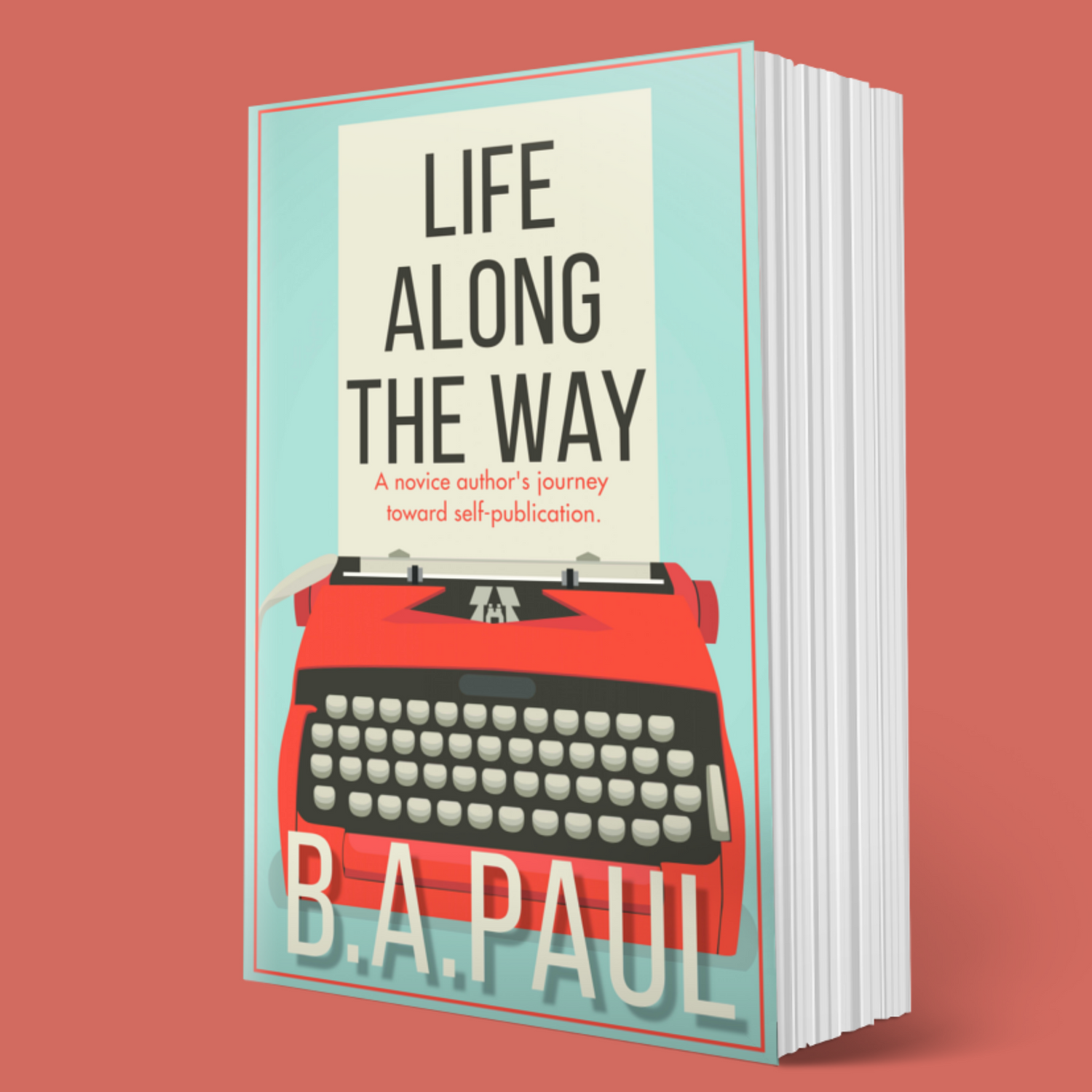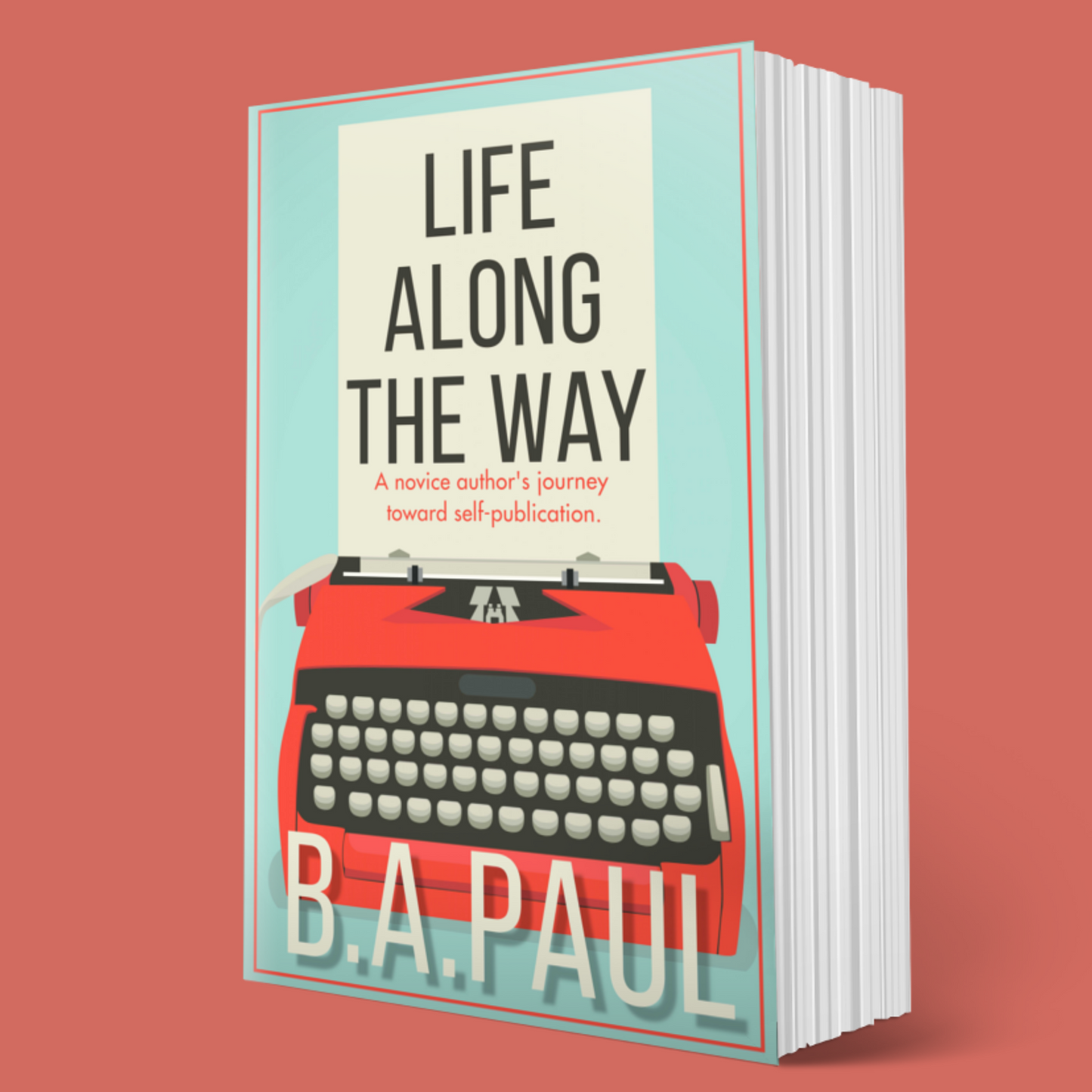Picture it: Chincoteague Island, Virginia, July 2023. A meager 194 degrees with a 390-degree heat index.
Wild pony lovers from across the states descend on this speck of land, eager to watch the creatures made famous by Marguerite Henry’s novel Misty of Chincoteague. Housing for the influx is limited. Restaurants can’t keep up with the demand. Accommodations are booked years in advance.
This gal—not a wild pony connoisseur, but at least willing to engage on some basic equine level—tries to make conversation with folks who look like they know what’s going on.
Evidently, I ask dumb questions. This gets me one of two types of responses: The snobbish ones that leave me feeling like I forgot to do my homework before I came on this trip, and the “Oh, honey, let me explain” replies where the replier wants to instill in me all of their love, excitement, and knowledge of Chincoteague, cowboys, ponies, roundups, vet checks, drill teams… All of it. In one breath.
The best I can do with the curt replies is to keep my mouth shut. Hard when I can think of a particular horse-ish term for such behavior.
The best I can do with the over-eager-to-share folks is reply with my own, “Oh, honey, let me explain something. I’m like the Uber driver in this scenario. My friend is the pony lover. Just here to enjoy the event and try to keep her from buying a foal and ending up in divorce court.”
FYI, if you’re planning on this Chincoteague experience, you must know three things:
- These are NOT horses. They are PONIES.
- There is a difference between the North Herd and the South Herd. Knowing which stallions are dominant in each herd will win you bonus points. (I still don’t know this. I didn’t get bonus points. For anything. I think I have negative points, and the Chincoteague-eans do not want me back on their island…)
- Do NOT inquire about the lifespan of a wild pony. This will create benches full of folks wiping their eyes and digging for tissues. Just don’t.
On Swim Day, the crowds roll out of bed at four a.m. to secure their location along the beach, where the ponies will cross the channel from their nature preserve, or along the parade route where the Saltwater Cowboys wrangle the herd through the street to the carnival grounds to ready the colts for auction.
After much deliberation, my friend and I chose the parade route since we’d be seeing the ponies swim back to the preserve later in the week from the boat.
We rise at dawn.
We secure parking.
We secure a good spot and set up our chairs, and we wait.
And wait.
We watch as folks line the street with us. And all of them wait. By this time, I’ve had enough “Oh, honey, let me explain” conversations about ponies, so I sit quietly with my friend and try to keep my head down under the hat that I didn’t want to buy.
It’s only seven a.m. I think I may have already suffered heat stroke.
With every noise down the street, the crowd jumps to their feet to strain and see if the herd is coming.
No. The herd is not coming. Not for hours and hours.
So we wait some more and enjoy the occasional breeze. Every half hour, I bathe in another layer of SPF 90. Across from our spot on the parade route, there’s an opening between the houses and we have a clear view of the water line.
One house had a for sale sign in the yard.
My friend comments, “I’d live here in the summertime, but the winters would be awful.”
“Oooh. But that’s when you light up the fireplace and snuggle in with a blanket and a book while the wind beats against the house…”
“Yeah, but you can’t do that every day.” She said this with a bit of a tone.
(Check out the previous two blog posts, and you can get a feel for her tone. My tone. And my issues with the hat…)
“You’re kidding me, right?”
She shrugs.
“Oh, honey. Let me explain.”
There aren’t many circumstances in which I wouldn’t curl up with a book every day. All the days, in fact. No matter the weather, but especially in the cold and drear.
Your phone is on silent and you’ve retracted the welcome mat at the front door. Your legs are all tucked in under the fuzziest of blankets, beverage of choice nearby, possibly a cat nestled against you (or a dog if that’s the way you lean). You’ve properly trained all housemates not to speak, request a meal, break a bone, or spring a leak of any sort when they encounter his scene. …
You breathe deeply, open your book, and, after a few moments, magic happens.
You don’t “see” the words any more; they only exist to transport you to another place and to ride the ups and downs with the characters. You see what they see. Hear what they hear. Feel what they feel. Every emotion. Every tactile sensation. Your reality and time itself slips away, and…
Well, who wouldn’t want to do this every day of winter?
I may not know much about Misty’s wild island-dwelling descendants, but I know this: Marguerite Henry knew how to transport generations of pony-loving children and adults to Chincoteague and Kentucky and the Grand Canyon and Arabia and Vienna using words strung together in just the right order.
Just like magic.
I mean, without Marguerite, I’d never have experienced Main Street, Chincoteague, USA in July.
I’d have been in front of a fan with a book.
And if you say, “But I thought that magical escape was for cold, dreary days.”
I’d reply, “Oh, honey. Let me explain…”




